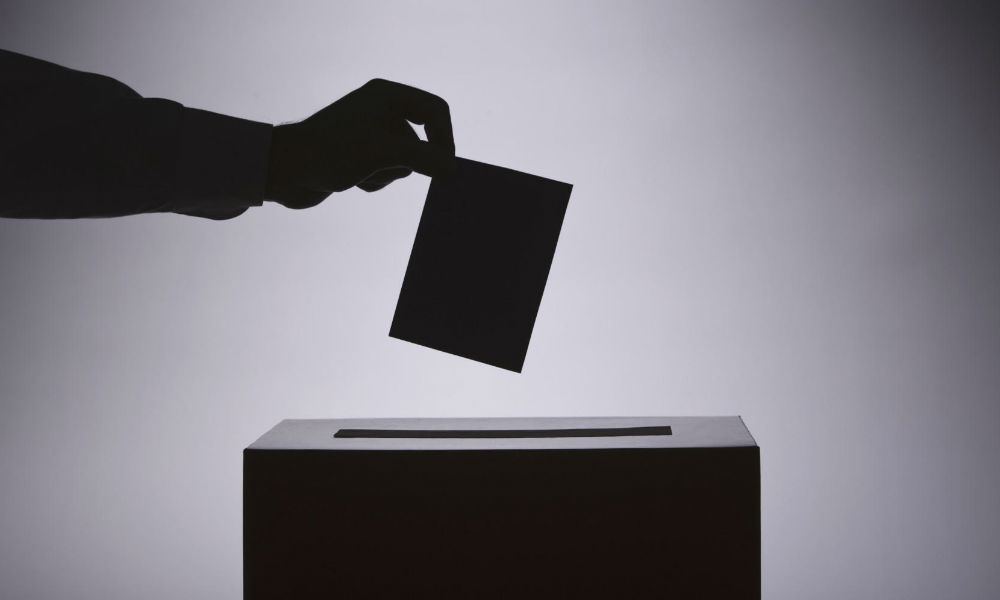
‘Saving the country’ and ‘setting Malaysia free’ may motivate many workers to take leave to vote next week. But it will take more than catchy phrases to set the country free from an unlimited term government.
It needs radically stronger emotions and catastrophic events to refire the ‘reformasi’ fervour of September 1998.
Elections today are effectively won by strategic social media management, big data analytics and powerful imageries manipulated by keyboard warriors.
While public sentiment is cautiously optimistic that the GE14 will tip towards the Opposition, social media narratives, party sites and partisan online news coverage underscore the uncertainty of an effective alternative to caretaker prime minister Najib Abdul Razak in an unpredictable election outcome.
The Dr Mahathir Mohamad-Najib contest is as uncertain as voter behaviour is unpredictable, especially among millennial voters in a gerrymandered system, where voting is not compulsory.
This uncertainty often gets in the way of predicting election results, even if big data analysis and statistical modelling have reduced the margin of error. Remember the Clinton-Trump election and the Brexit referendum in 2016?
Indeed, many voters in this GE14 are as undecided or disinterested as many are discontented and angry. It’s a worry that those who fail to vote may just decide the final outcome.
Past statistical studies of voting trends show that voters generally fall into these categories – the party loyalists, the issue-based voters and those who have given up on the system. Where do you fit in?
Party loyalists are those who have internalised the party values early in their voting life. Hence, being risk-averse, they always vote one way, based on their faith in the party incumbents and neophytes, regardless.
Next are the issue-based voters with no particularly strong party affiliation. If you’re one of these voters you may be swayed by strong leadership, policy substance and the candidate’s perceived ability to tackle the issues that affect you and your family. You may even support the current policies but not how the government has implemented them.
Then, those who have given up on the system
Or you may like the opposition’s policies but doubt the opposition’s capacity to carry them through. You will look for consistency of the candidate’s words and deeds. Hence, you are inclined to vote for pragmatists, rather than ideologues.
Then, there are those who have given up on the system because they have seen how promises are made but rarely kept. Even if this body of despondent voters believes in particular candidates’ altruistic intentions, they see the reality of the corrupt system limiting the candidates’ capacity to do the best job they can.
Hence the mindset – the voting system is extremely unfair, Malaysian politics is chronically corrupt, therefore my vote will not make any difference.
This public inertia to agitate for change may be the largest obstacle to a change of government, despite the widely reported evidence of systemic corruption, creeping Islamisation, simmering discontent, rising nationalistic rhetoric and growing inequality in the country since the days of Mahathir, who in 2008 was advisor to the Malay supremacist Perkasa, formed by Ibrahim Ali and notorious for its religious and racial provocations against non-Malays.
An ISIS forum in 2012 noted that “many young Malays are eligible to vote but do not register while non-Malays are highly aware of their duty to vote… Chinese support for BN has dropped while Pakatan Rakyat does not have much Malay support; however, Malay support for PKR is brought in by PAS supporters.”
This scenario six years ago evidently remains today, even as Pakatan Harapan has raised the expectations of educated voters, which the coalition may be unable to meet.
Voters are like impulsive consumers in the marketplace, motivated by emotions, habits and learned biases. Whether they reward or punish the incumbents will depend on whether, over the last nine years or so, the government under Najib has torn a bigger hole in their pockets or taken away their family’s access to fair economic and education opportunities.
Until the economic conditions of voters deteriorate beyond repair, and as long the NEP continues to appease and benefit the Umno base, Najib and his cronies will remain in Putrajaya.
ERIC LOO is Senior Fellow (Journalism) at the School of the Arts, English & Media, Faculty of Law Humanities & Arts, University of Wollongong, Australia. He is also the founding editor of Asia Pacific Media Educator. - Mkini
No comments:
Post a Comment
Note: Only a member of this blog may post a comment.